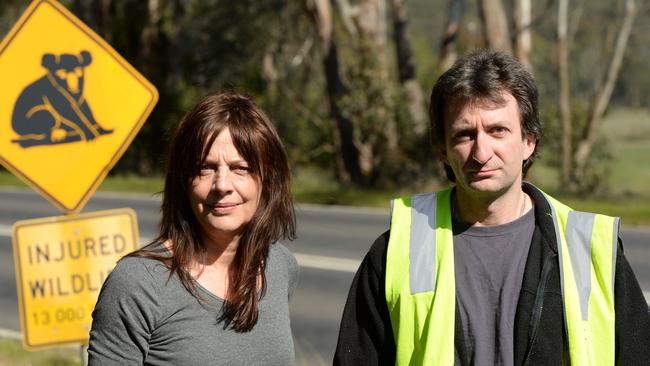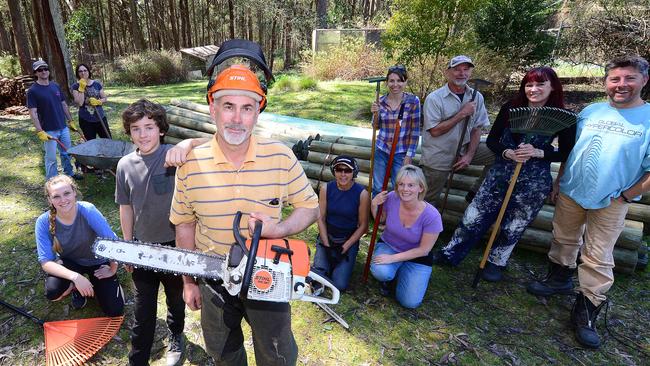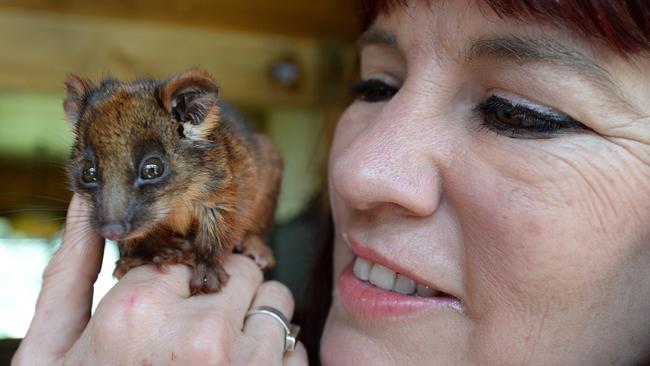Macedon Ranges Wildlife Network urge people to beware of animals while driving
TAKING care of the area’s wildlife needs to be a focus for people in Melbourne’s northwest, say the rescuers who save injured animals.

North West
Don't miss out on the headlines from North West. Followed categories will be added to My News.
WILDLIFE rescuers are urging people in Sunbury and the Macedon Ranges to become more conscious of wildlife as the amount of injured animals soar.
And the passionate volunteers who regularly attend grizzly and harrowing incidents involving injured wildlife and support in the often fruitless efforts to revive and rehabilitate animals at local shelters hope October’s Wildlife Awareness month will provide just the incentive.
Macedon Ranges Wildlife Network spokeswoman Fiona Corke said since beginning to raise the plight of animals such as kangaroos and koalas in 2007, the importance of their work has only increased as the region grows.
As more development hits the ground in Sunbury and the Macedon Ranges and more vehicles take to roads, animals such as kangaroos and koalas are finding both their ranges reduced and dangers rising, she said.

“You often see statements from insurance companies or politicians that there are more accidents involving kangaroos, but no one seems to consider the extra vehicles on roads and there’s more former city-based drivers living out here now,” she said.
The network, which collectively collate the injured wildlife incidents its volunteers attend, has seen steep rises in the last four years.
In 2014, volunteers attended 1897 incidents involving injured wildlife, up from 1598 in 2013, 1118 in 2012 and 1021 in 2011.
Typically, kangaroos make up two thirds of the data, but volunteers also attend birds, wallabies, wombats, ducks and waterbirds, possums, echidnas and koalas.

The network will visit libraries this month in an effort to engage school aged children, while it is also continues to urge adults to be conscious of fauna while driving on roads, walking dogs and using reserves.
Ms Corke said overwhelmingly the greatest dangers for native animals remained crossing roads and common hot spots were on arterial roads on the fringes of towns.
“We work really hard to get permission to have wildlife signs put on our roads and in plain English when you see one of these signs you are entering a wildlife crossing area,” Ms Corke said.
“While there might be 100km/h signs nearby, we are saying go slower than that, be conscious of movements on your peripheral and during dawn and dusk in particular be extra vigilant.”
Ms Corke said Australian marsupials were almost entirely nocturnal, a fact many people were unaware of.
To report an injured animal, phone 1300 094 535


